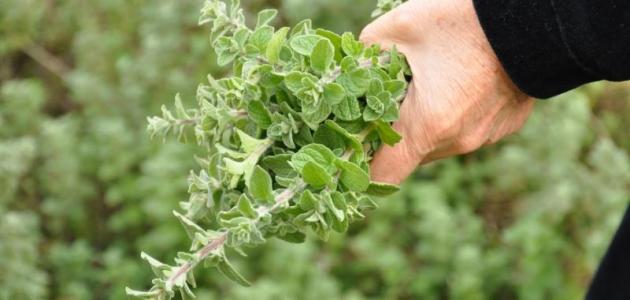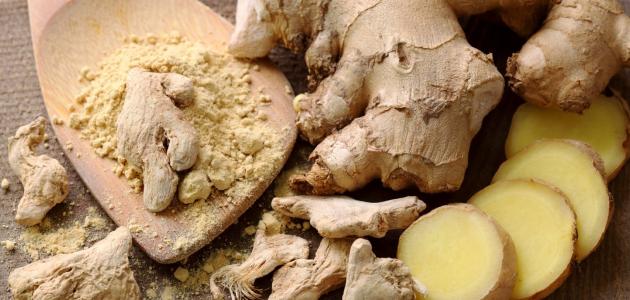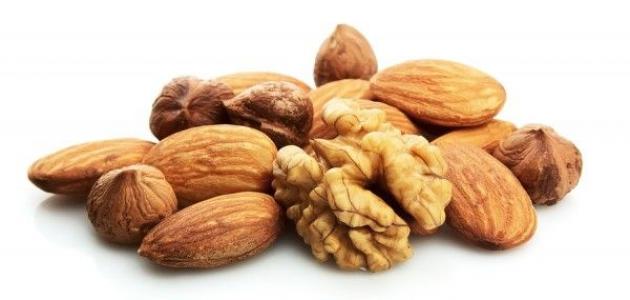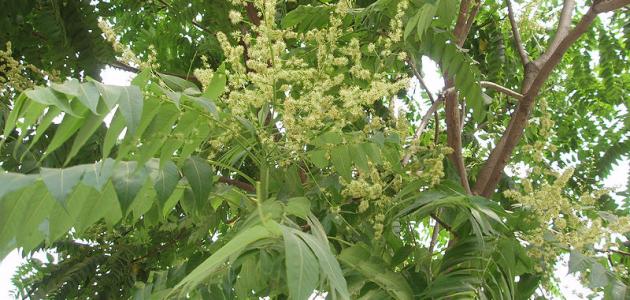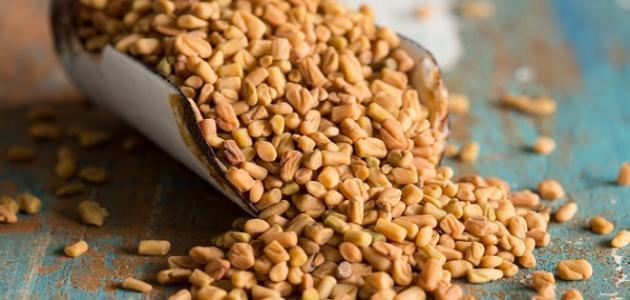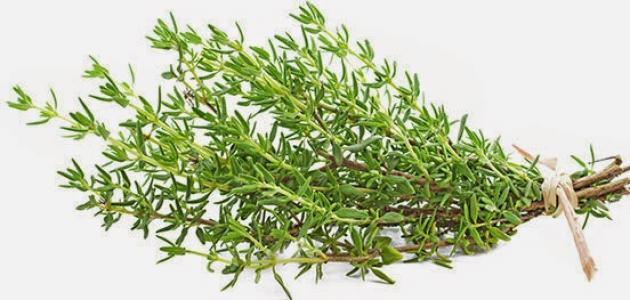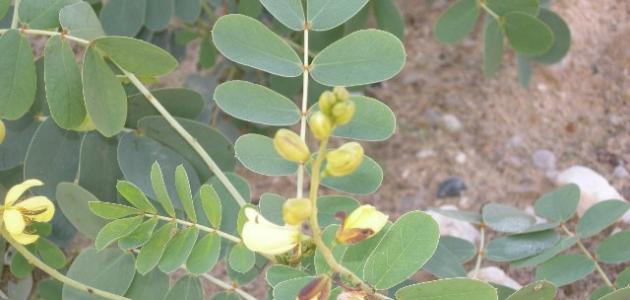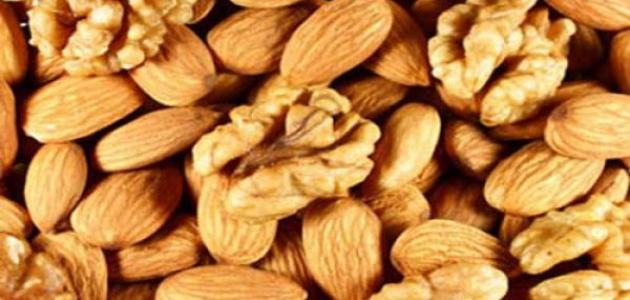Wild thyme
Wild thyme belongs to the Lamiaceae family, which includes more than 7000 species of plants, including thyme. Thyme has been widely used in traditional medicine, and it has been used since ancient times in the Egyptian civilization to make aromatic ointments and mummification. In addition, it has been used in Greek and Roman civilizations as well, due to its many medicinal properties.
Wild thyme for slimming and its uses
Despite the multiple benefits of thyme, no studies have been conducted on its effectiveness for weight loss, and despite that it has many other uses, but studies on it are still weak, and more evidence is still needed to prove it, and among these uses:
- coughing;
- Bronchitis.
- kidney problems;
- Bladder problems.
- Gases in the intestines.
- Colic.
- Arthritis, when placed on the affected area.
- Twisting, when applied directly to the skin.
Thyme benefits
Thyme contains a substance called thymol, which provides many health benefits to the human body, including:
Read also:The benefits and harms of orchids- Getting rid of the Asian tiger mosquito: As one study indicated that a mixture of thymol found in thyme, the substance called Alpha-Terpinene, and carvacrol, was effective in eliminating the larvae of this mosquito, and it is worth noting that the Asian tiger mosquito (in English: Tiger mosquito) It causes transmission of some viral diseases such as West Nile virus, yellow fever, and others.
- lowering blood pressure: Some animal studies indicate that wild thyme extract can help lower blood pressure, and the same effect can apply to humans.
- Reducing the risk of bacterial infection from food poisoning: Thyme has some essential oils that have antimicrobial properties, so it acts as a natural preservative in food. Some studies indicated that the oil extracted from essential oils was effective against some types of bacteria such as Staphylococcus, Escherichia, and others.
- Reducing the risk of some types of cancer: Some studies indicated that an extract of one of the types of thyme, which is called (in English: Mastic thyme), can reduce the risk of colon cancer, and that wild thyme can reduce the risk of breast cancer, because it affects the process of cell apoptosis (in English: apoptosis). ), or programmed cell death, and therefore it may help kill cancer cells in the breast.
- Treating some skin problems: One study indicated that a cream containing 3% of thyme essential oil and 10% of chamomile extract was effective in improving eczema-like skin damage, due to its antifungal properties (in English: Antifungal), and therefore thyme can be effective in treating fungal infection
- Acne Treatment: Thyme has more and stronger antibacterial properties than benzoyl peroxide, which is the active ingredient in most creams and lotions used to treat acne.
Nutritional value of thyme
The following table shows the nutrients present in 100 grams of fresh thyme:
Read also:How to use Indian installment for children| nutritional element | Nutritional value |
|---|---|
| water | 65.11 grams |
| Calories | 101 calories |
| Protein | 5.56 grams |
| Fats | 1.68 grams |
| Carbohydrates | 24.45 grams |
| Fiber | 14 grams |
| Calcium | 405 mg |
| Iron | 17.45 mg |
| magnesium | 160 mg |
| potassium | 609 mg |
| Sodium | 9 mg |
| zinc | 1.81 mg |
| vitamin C | 160.1 mg |
| Vitamin A | 238 mcg |
| folate | 45 mcg |
| thiamine | 0.048 mg |
Side effects of thyme and precautions for its use
Thyme herb is considered safe when consumed in the quantities present in food, and it can also be safe if it is used as a medicine for a short period, and despite that, its intake may cause some problems and collateral damage, such as digestive disorders, dizziness, and headaches, and in some cases it must Pay attention and caution when using thyme, and these cases include:
Read also:Benefits of lemon leaves- Pregnant and breastfeeding: The use of thyme is safe for pregnant and breastfeeding women if it is eaten with food. As for taking it in medicinal quantities, there is no information confirming the safety of its use as a medicine during these periods, and therefore pregnant women are advised to avoid using it in large quantities during this period.
- Marjoram vulgaris allergy: It has been observed that people who are allergic to the common marjoram (in English: Oregano) may be allergic to the thyme herb.
- Hormone sensitive conditions: Including those affected by the estrogen hormone such as breast cancer, ovarian cancer, endometrial cancer, and uterine fibrosis, and this may be because thyme works in a similar way to this hormone, which worsens these conditions when taken.
- Bleeding disorders: Thyme slows blood clotting, which can cause bleeding when taken in excess.
Drug interactions with thyme
Thyme interacts with some types of medications, which may cause some problems in the body, including:
- Anticholinergic drugs.
- estrogen;
- Acetylcholinesterase inhibitors, which are used for Alzheimer's patients.
- Anticoagulants.
